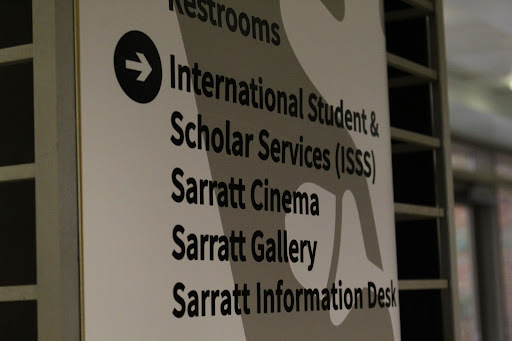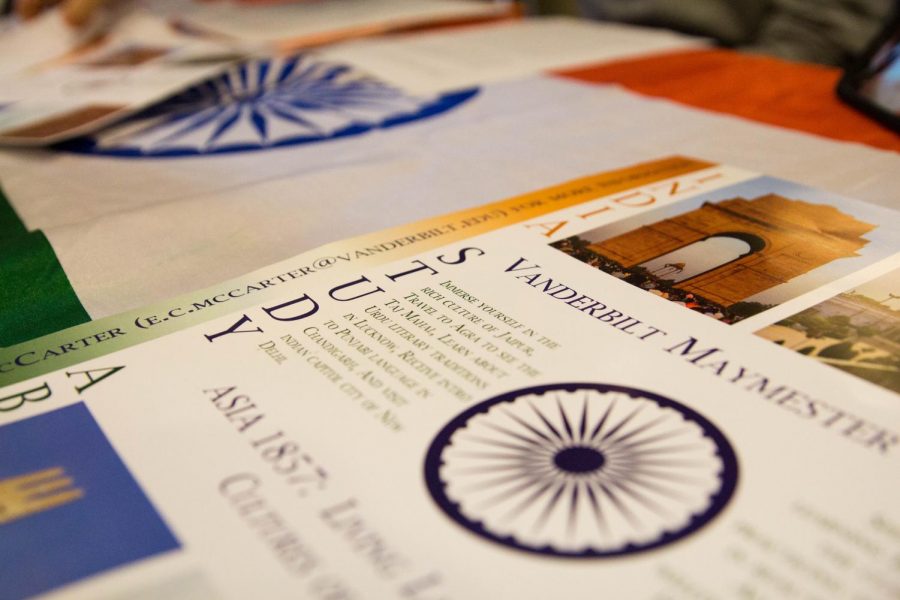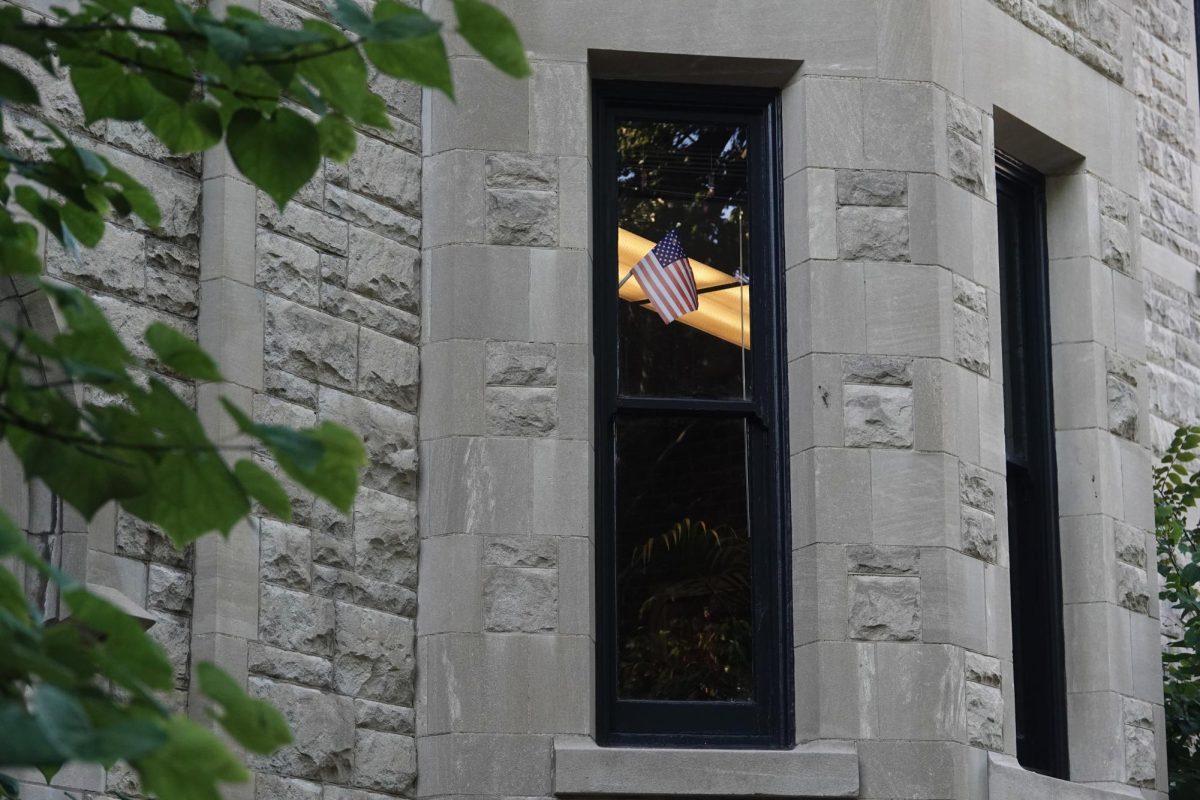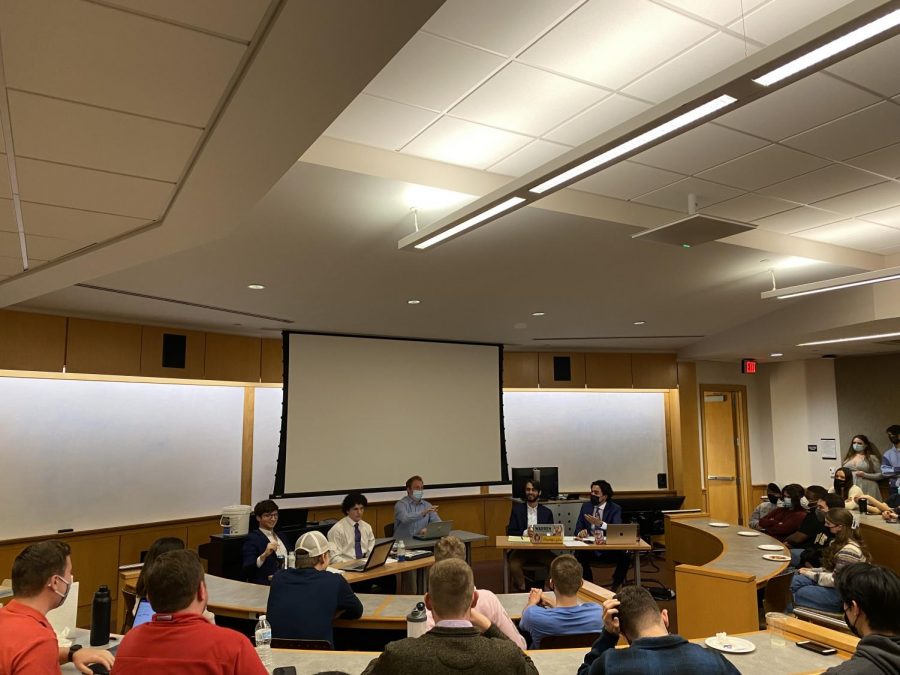Vanderbilt Political Review (VPR) removed an op-ed from their website that was titled “What Do We Gain from Allowing Chinese Espionage” Sept. 10. The editorial decision to remove the piece followed what they called “strong responses” from the Vanderbilt community, particularly from international students.
The op-ed, written by two VPR contributors and published on April 8, took the position that the United States must stop allowing “the wholesale import” of Chinese nationals into American educational institutions purportedly because students are a known form of Chinese espionage. The piece did not make reference to Vanderbilt, but rather called for increased visa screening particularly for students interested in research or STEM fields.
The piece was published on VPR’s website in April under the previous editorial board; however, it was not removed until Sept. 10. The editorial board released a statement Sept. 11 objecting to the “discriminatory rhetoric” of the article. VPR shared the statement on Facebook, with a caption labeling the op-ed as “controversial.”
President of the Vanderbilt Undergraduate Chinese Association Viola Zhou said that VUCA is working with the Asian American Student Association and the Vanderbilt University Chinese Student and Scholar Association on a public letter denouncing the views expressed in the article, which she said will be released soon.
“As an organization, we’re strongly dismayed by the article published by VPR,” Zhou told The Hustler in an email. “The article contains racist comments and false accusations that reinforce negative stereotypes about Chinese international students. Many international students have voiced their concerns on social media.”
Yilun Zhao, who graduated from Vanderbilt in May, saw the article two days ago, when another Chinese student shared it on social media. He wrote to The Hustler that, although he has seen hurtful comments about “Chinese espionage” before, he was shocked that they were coming from a Vanderbilt student. He said that he feels as though the inattention the piece received at first was indicative of a double standard at Vanderbilt, and imagines that the piece would not have remained unnoticed had it addressed a group other than Chinese international students.
“The language is undoubtedly discriminatory and derogatory. Controversial is too light a word to describe it. The whole piece was filled with fallacious statements and generalizations lacking any type of factual support,” Yilun Zhao said. “I think the characterization of the piece matters a lot because that determines the response system. Controversial pieces should be tolerated under the freedom of speech, but an intentional defamation to an entire group of students on campus should not.”
VPR’s statement included a quote from the piece’s authors, who remain on the publication’s staff.
“Our thought process stemmed from various articles and op-eds published in mainstream media sources at the time and discussion in the White House. We recognize upon further discussion with members of our campus that the tone and rhetoric of the piece is unnecessarily abrasive and we wholeheartedly apologize.”
The board stated that they would welcome the writers to write about the topic again with “greater sensitivity” to language and invited the Vanderbilt community to submit their responses and thoughts on the topic to the editorial board.
The published op-ed included an “Editor’s Choice” icon on the top. According to VPR Editor in Chief Grace Adcox, this is a publishing feature that writers can choose to include when publishing their own stories and that no editor encouraged the designation. Adcox told The Hustler that the VPR editorial board is now revisiting their editing process to ensure they have more safeguards for op-eds.
The editorial staff’s statement elaborated that the decision to remove the piece was not taken lightly, and the staff intends to look into the “circumstances of the article’s publication.” The editorial staff also noted that while they agree that the language and tone of the article was discriminatory, they want to emphasize the importance of freedom of speech.
“If we cannot engage in open conversations with people whose beliefs and perceptions conflict with our own on campus, then we can never expect to solve the world’s most pressing problems in a much more complex and interconnected society,” the VPR editorial board wrote in the statement.
In the days since reading the article and seeing the response from VPR, Zhao said he has been outraged by the attitude of the VPR editorial board and the lack of response from administration. Moving forward, Zhao said he wants to see more action on the part of VPR and the Vanderbilt community.
“I would like to have more voices of Chinese international students heard,” Zhao said. “I’d also like to see support from the university, especially during this time when the media portrayal of Chinese students is biased and malicious.”











